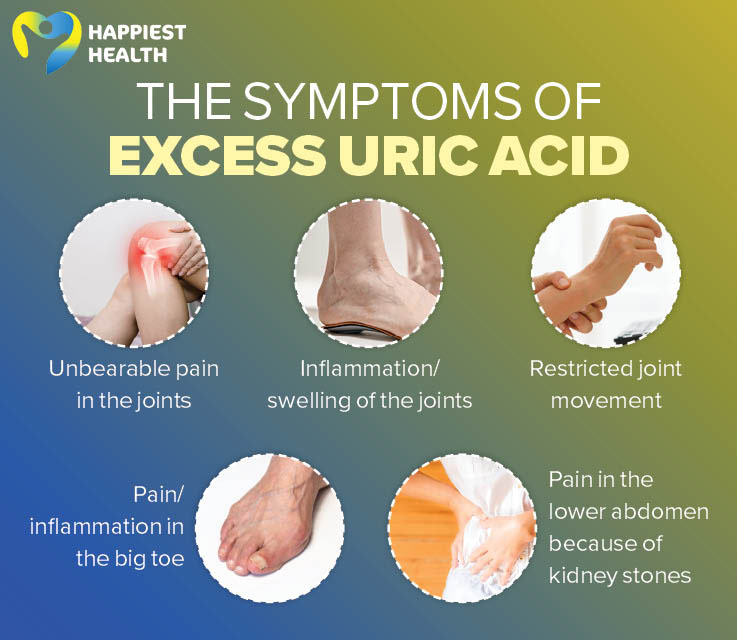
The role of uric acid in the body is a much-debated topic. While some research hints at its function in protecting neurons through its anti-oxidant properties, others see the chemical as a waste product.
But the medical world is unified when it comes to what it can do when it is produced in excess. Experts point out that high levels of uric acid in the body can cause joint pain and even kidney stones.
Uric acid is a by-product of the breakdown of purine, a chemical compound needed to make DNA and RNA. “Uric acid is released into the blood and later filtered by the kidneys,” says Dr Sushma Rani Raju, a nephrologist from Sakra World Hospital, Bengaluru.
READ MORE :
What urine tells about your health
Urinary incontinence: Not a chronic embarrassment
Glycosuria: a warning bell for the kidneys
What causes uric acid imbalance and what can it do?
“Uric acid imbalance can occur due to excess intake of protein-rich food. It is also seen in people who have health conditions like congenital metabolic disorders (conditions inherited by birth) and can occur in people who have undergone chemotherapy,” says Dr Atanu Jana, consultant urologist and andrologist, Apollo Gleneagles Hospitals, Kolkata.
Excess uric acid in the blood is called hyperuricemia and excess uric acid in the urine is called hyperuricosuria. “This excess uric acid in the body [blood and urine] is converted into crystal-like structures. These crystals are deposited in various locations such as joints, tendons, ligaments and kidneys,” adds Dr Raju. This can cause gout and kidney stones.
An article published in the International Journal of Molecular Sciences also says that people living with high levels of uric acid are at a greater risk for cardiovascular (CV), renal and metabolic diseases.

How to reduce excess uric acid in the body
According to Dr Jana and Dr Raju, a person can control the levels of uric acid by keeping in mind the following:
- Consume lots of fruits and vegetables.
- In case of familial history, avoid red meat, fish rich in purines and alcohol.
- Manage obesity. High BMI could cause elevated uric acid levels. To maintain optimal weight, exercise daily and follow a healthy diet.
- Drink plenty of liquid, especially water.
- Maintain adequate urinary output (>2,000 ml daily) to help prevent kidney stones.
- Consult a doctor in case of inflammation and severe joint pains.
Takeaways
An excess amount of uric acid in the body can lead to health conditions like gout and kidney stones. Following a balanced diet, having a lot of water and fluids and exercising can help prevent excess uric acid levels in the body.

















